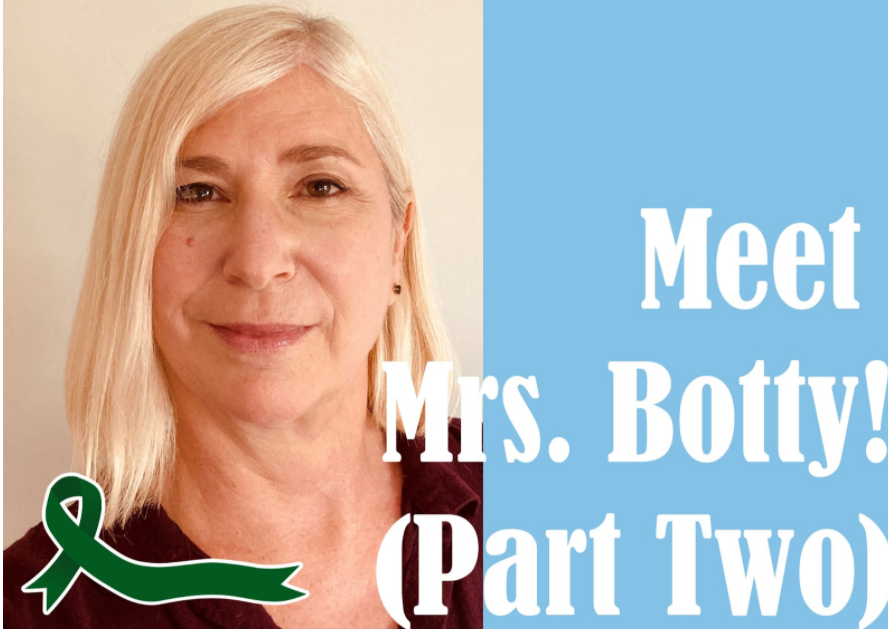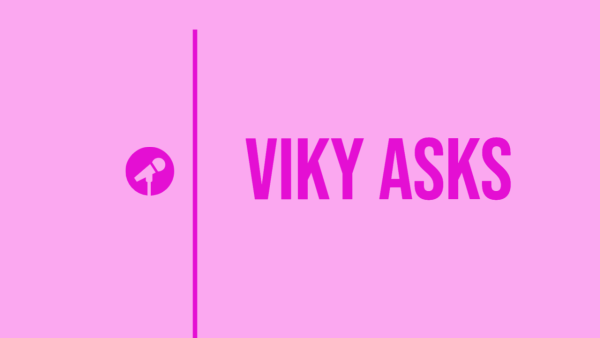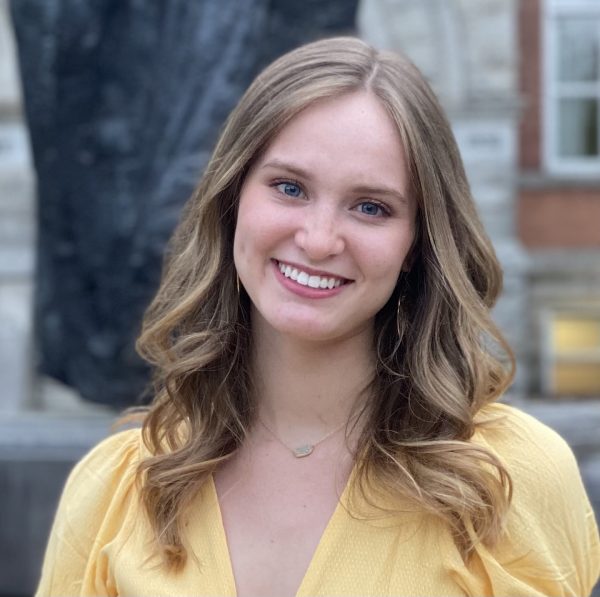Interview with Ms. Botty – Part 2
Frame of Mind is a Bancroft club focused on spreading awareness and promoting mental health on campus. Since this year has been challenging for all of us, we wanted to make sure you all know about an amazing mental health resource we have on campus—our school mental health counselor! Since she can’t meet you all in person right now (although she would love to!), Frame of Mind decided to do the next best thing and introduce Mrs. Botty and her work at Bancroft with this interview. If you haven’t yet, check out Part One in the last issue!
Q: How long have you been doing this for?
A: I have been at Bancroft for 18 years; I have been a mental health clinician for over 30 years.
Q: How would you describe your role in the school?
A: My role is to provide students with supportive and solution-focused counseling. We work together to identify patterns of behavior that may be impacting them in a negative way. We then create a plan of action to address them. Once the plan has been established, I assist or “coach” them through this process. I teach stress reduction, mindfulness, and basic cognitive-behavioral techniques. Sometimes, I am simply an active listener and a nonjudgemental ear. I also work in tandem with a student and their family if they would prefer or require more support than the scope and limitation of my role here can provide. Connecting with clinicians in the community and receiving mental health care is a challenge for a myriad of reasons so I will assist a student and family with this process.
Q: Can students talk through things with you through email instead of in person? Do you do zoom calls?
A: Yes, email has been very helpful for many students, especially during remote learning — as were phone calls but interestingly, students preferred not to zoom or Facetime. I think they were understandably “zoomed out”! However, it is an option. (You can reach Mrs. Botty at cbotty@bancroftschool.org)
Q: Is it okay if people come in with seemingly minor mental health complaints?
A: It is absolutely ok if students see me for “seemingly minor mental health complaints.” It’s all about balance. My intent is to support a student and help them strengthen their coping mechanisms. It is similar to what Mr. Penniman does as an athletic trainer; he works with students to help them strengthen their muscles. I work with them to help them strengthen their brains and their emotional responses to situations that may feel overwhelming to them.
Q: Are you open all day? Do you meet with students after school?
A: I am open for support every school day but do not provide support after school hours or on the weekends.
Q: Is everything confidential? Do my parents have to know? Do students have to tell their teachers where they’re going?
A: “Everything cannot be confidential” because of my Mass Mental Health Counselor License. This license requires me to report any instance of physical or sexual abuse of a person under the age of 18. I am also mandated to inform a guardian/parent and seek additional support for any student that is expressing suicidal thoughts or threatening to harm another person. In the event that I learn that a student is self-harming as a maladaptive coping mechanism, Bancroft policy requires that I contact the student’s parent/guardian and work with them so they can receive specific treatment from a specialist in the community. This is not meant to be punitive; it is simply the best practice to ensure adequate treatment is received.
Currently, because of the Covid policies and procedures, I travel between buildings and cannot maintain strict exclusivity to a building or a “pod”.” Consequently, I have to receive permission from a parent or a guardian if I am to see a student on a regular basis. They need to be made aware of this fact and informed consent (via email) is necessary.
Q: What’s the best part of your job?
A: Best part of my job is the privilege of sitting with students every day and holding space for them.
















Mr. Belanger • Nov 3, 2020 at 10:27 AM
It’s always good to highlight one of Bancroft School’s gems, and Ms. Botty is just that! Nicely done, Emma.
Darren Belanger • Nov 2, 2020 at 9:12 AM
Good to know we always have support systems here at Bancroft!
Jane Merritt • Oct 30, 2020 at 5:24 PM
We’re lucky to have you, Ms. Botty! Thank you for all you do – listening, teaching, laughing, and supporting!